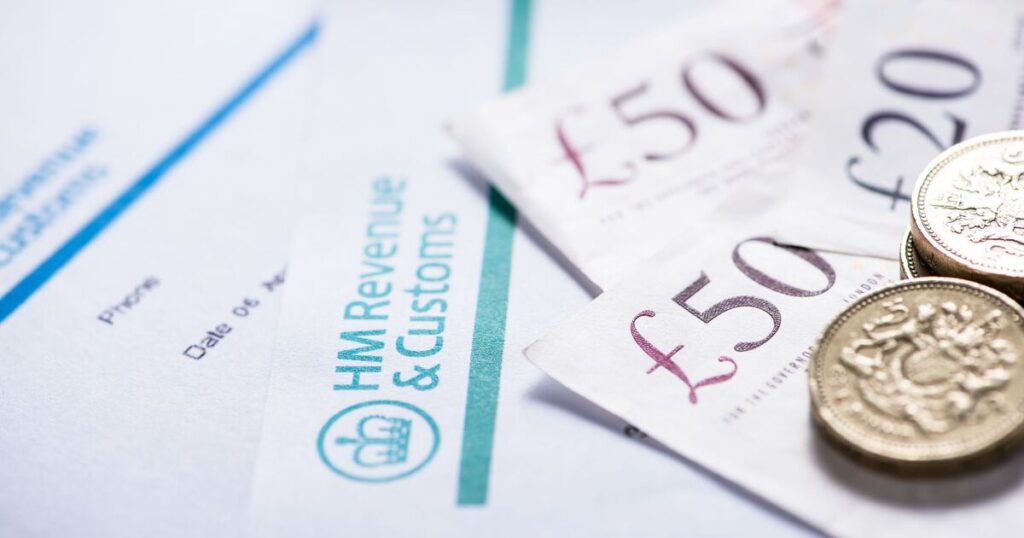
Brits across the UK are being urged to check their P60 for a one letter code which could mean they’re owed a refund of £700 on average from HMRC.
Anyone who was working for an employer on April 5 must be provided with a P60 from their employer and this must be given to you by May 31, either on paper or electronically. A P60 shows the tax that you’ve paid on your salary in the tax year, which runs from April 6 to April 5, and you get a separate P60 for your job every tax year. You need a P60 to prove how much tax you’ve paid on your salary and to claim back any tax that you might have overpaid.
Ahead of the May 31 deadline, tax experts are urging people to check their P60 immediately as one wrong letter in your tax code could mean you’ve been overpaying tax for months. The numbers in your tax code tell your employer and pension provider how much tax-free income you are entitled to in that tax year, and the letters in the code refer to your situation and how it affects your Personal Allowance.
The standard tax code for most workers in the UK is 1275L, which means you are entitled to the full Personal Allowance of £12,570 before any tax is deducted.
According to tax refund company Swift Refunds, the most important detail to check on your P60 is your “final tax code”, which is usually listed near the top of the form.
If you spot a code that doesn’t have the letter ‘L’ in it, then you could be missing out on hundreds, or even thousands of pounds, due to overpaying tax.
If your code has the letters ‘BR’ in it then it means all of your income is taxed at 20%, with no tax-free allowance, while the letters ‘DO’ or ‘D1’ means your income is taxed at higher rates, without any allowance.
Swift Refunds explains: “If there’s no ‘L’ in your code, you might not be receiving the standard £12,570 personal allowance.
“These codes are not always mistakes, but they often appear when you’ve changed jobs, you’re working multiple roles, you’ve had a period of contract or freelance work, or HMRC has outdated or incorrect information about your situation. And unless you spot it and claim it, the system won’t correct it automatically.”
Robert Jones, CEO of Swift Refunds, says the average tax overpayment due to an incorrect tax code is around £700 on average, but this amount could be even higher. Government figures show that HMRC repaid £44 million in overpaid tax between January 1 and March 31 2025, with the average refund amounting to £2,881 per saver.
Mr Jones says the code on your P60 could be the key to unlocking hundreds or thousands of pounds in unclaimed tax refunds, but workers need to act now ahead of the May 31 deadline.
He said: “Your P60 isn’t just a year-end summary, it may also be a warning sign. One incorrect tax code and HMRC could be taking too much out of your wages every month.
“The average tax overpayment due to incorrect codes is nearly £700, but recent HMRC figures show the real impact may be even higher.
“Check your P60, especially your tax code. If it’s anything other than 1257L, or you’ve switched jobs or had multiple employers, you could be owed money.
“If you’re unsure what your code means or think you might be affected, it’s worth speaking to a tax specialist who can help you review your documents and check for any missed allowances or errors.”
 Latest World Breaking News Online News Portal
Latest World Breaking News Online News Portal






